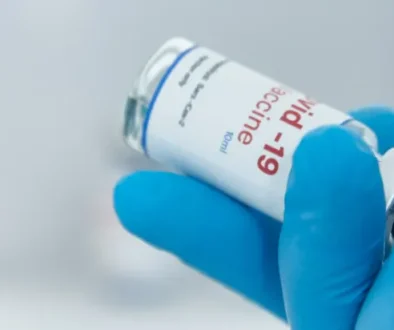Erectile Dysfunction and Testosterone Levels: What You Need to Know
Understanding Erectile Dysfunction
What is Erectile Dysfunction?
Erectile dysfunction (ED), also known as impotence, is a common male sexual disorder characterized by the inability to get or maintain an erection firm enough for sexual intercourse. According to the American Urological Association, over 30 million American men suffer from this condition. It’s important to note that occasional troubles getting an erection aren’t necessarily a cause for concern, but ongoing issues could indicate a more serious problem that needs medical attention.
ED can carry significant psychological consequences, as it can lead to low self-esteem, depression, and relationship strain. It is a complex disorder, often caused by a mix of physical and psychological factors. By understanding what erectile dysfunction is and what causes it, men can take steps towards proper management and treatment.
Causes and Risk Factors for Erectile Dysfunction
There are numerous possible causes of ED, including both physical and psychological conditions. Among the most common physical causes are heart disease, high cholesterol, high blood pressure, diabetes, obesity, and certain prescription medications. Psychological causes may include depression, anxiety, stress, and relationship issues.
In addition, there are certain risk factors that might increase a man’s likelihood of developing erectile dysfunction. These include age (ED becomes more common with age), tobacco use, alcohol consumption, and a sedentary lifestyle. In many cases, ED can be prevented or at least managed by addressing these risk factors.
The Link Between Testosterone and Erectile Dysfunction
The Role of Testosterone in Male Sexual Function
Testosterone plays a critical role in male sexual function. This hormone is responsible for the development of male sexual characteristics during puberty, and it continues to regulate important sexual functions in adulthood. These include sex drive (libido), erection strength and frequency, and sperm production.
In the context of ED, testosterone may play a significant role. Testosterone levels naturally decline as men age, and this decline can sometimes lead to issues with erectile function. However, the relationship between testosterone and erectile dysfunction is complex and not fully understood.
How Low Testosterone Levels Lead to Erectile Dysfunction
While it’s clear that testosterone plays a role in male sexual function, the question remains: how do low testosterone levels lead to erectile dysfunction? One theory is that lower levels of testosterone can lead to a decrease in sexual desire, which in turn can make it more difficult to achieve an erection.
Another theory is that low testosterone levels can lead to other health issues, such as heart disease and diabetes, which are known risk factors for ED. These conditions can cause damage to the blood vessels and nerves needed for an erection. Therefore, low testosterone isn’t necessarily a direct cause of ED, but it may contribute indirectly by increasing the risk of other health problems that can cause ED.
Treatment Options for Erectile Dysfunction
The Role of Testosterone Therapy in Treating Erectile Dysfunction
For men with low testosterone levels and ED, testosterone therapy may be an effective treatment option. This therapy involves the use of testosterone supplements to restore normal hormone levels. This can potentially improve sexual desire, making it easier to achieve and maintain an erection.
However, it’s important to note that testosterone therapy isn’t a cure-all for ED. It’s most effective in men who have both low testosterone levels and symptoms of ED. For men with normal testosterone levels or ED caused by other factors, testosterone therapy may not be effective.
Other Treatment Options and Lifestyle Changes
In addition to testosterone therapy, there are many other treatment options available for ED. These include oral medications like Viagra and Cialis, vacuum erection devices, penile injections, and in more severe cases, surgical implants.
Lifestyle changes can also play a big role in managing ED. Regular exercise, a healthy diet, managing stress, and quitting smoking can all help improve erectile function. Consulting with a healthcare provider is the best way to determine the most effective treatment plan for ED based on individual health considerations and lifestyle.

